Speaking at an event held at Stanford University, Malpass said the world is facing a series of crises. Stating that the most urgent danger for the developing world is the sharp slowdown in global growth turning into a global recession, Malpass noted that many developing countries could not reach the per capita income levels in the pre-pandemic period.
Eurozone restrains long-term growth
Reminding that the US economy contracted in the first two quarters of this year, Malpass said that China's economic growth also slowed sharply due to the quarantine measures taken against the Covid-19 outbreak. Pointing out that Europe is faced with a sudden increase in energy prices due to the war launched by Russia in Ukraine, Malpass said, "The weakness of the euro and high inflation increased the likelihood of a recession in Europe and further limited the long-term growth outlook of the eurozone." said.
Malpass stated that developing countries face the risk that trends such as inflation, slowing growth, low productivity, depletion of global energy resources and high interest rates in developed economies will continue beyond 2023.
The President of the World Bank Malpass stated that it may take years for the dependence on Russia in global energy production to decrease, which may prolong the risk of stagflation or the period of low growth and high inflation.


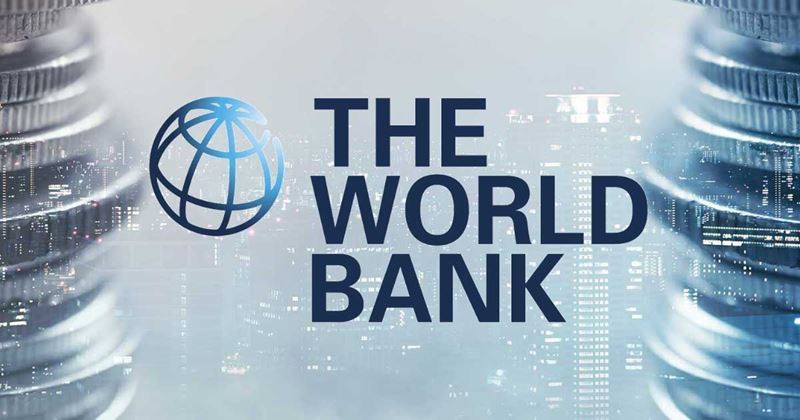

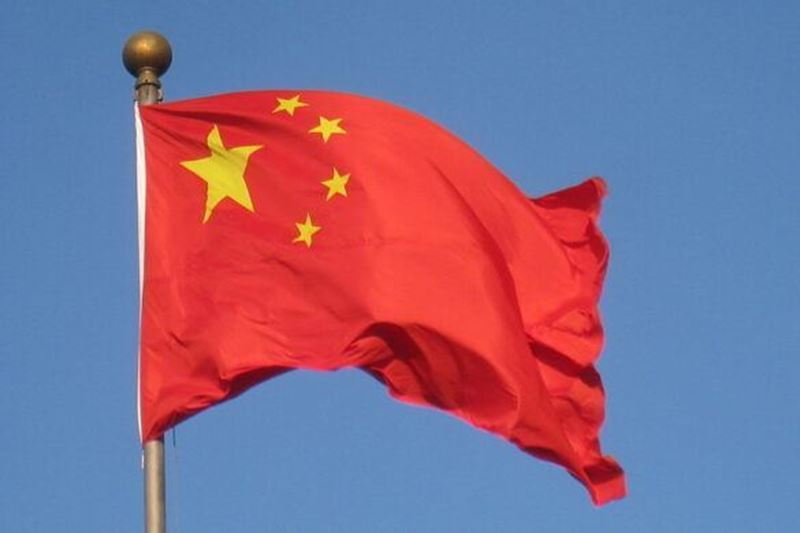
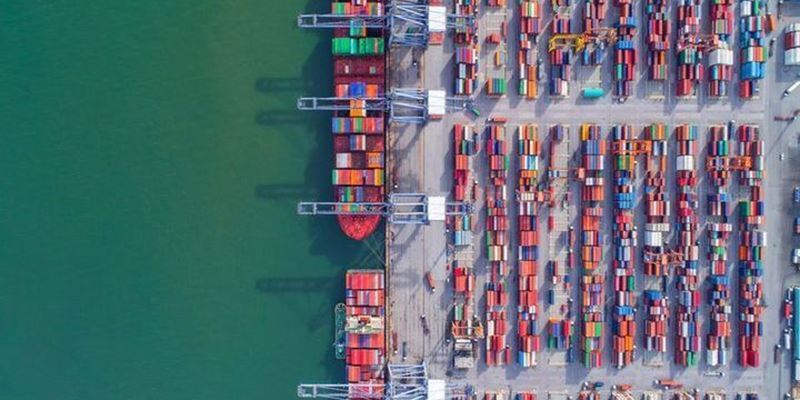
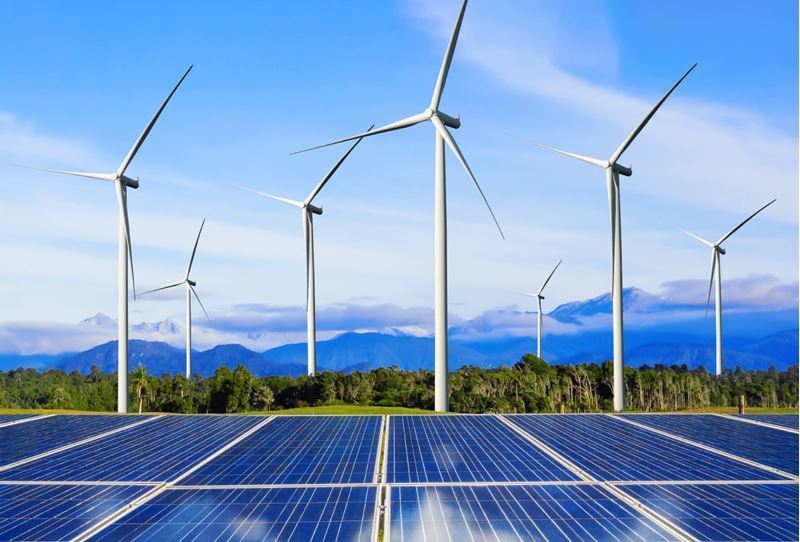
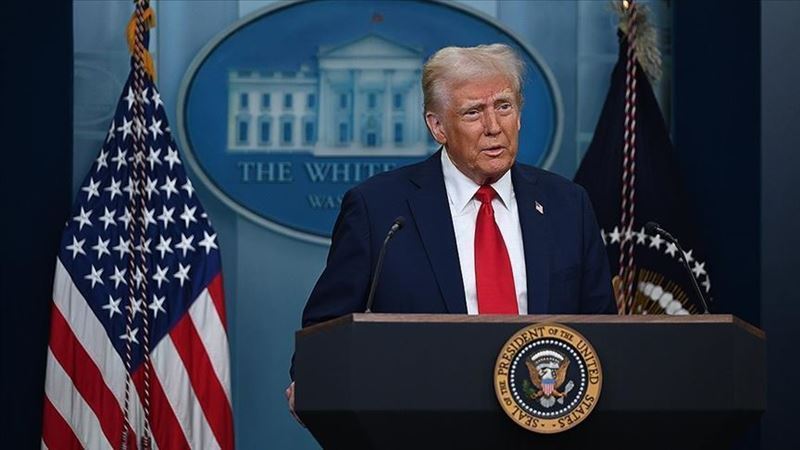



Comments
No comment yet.